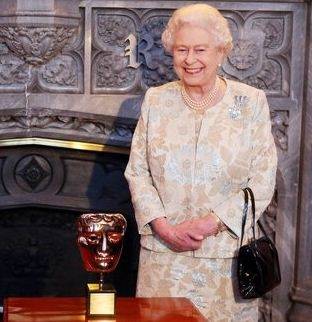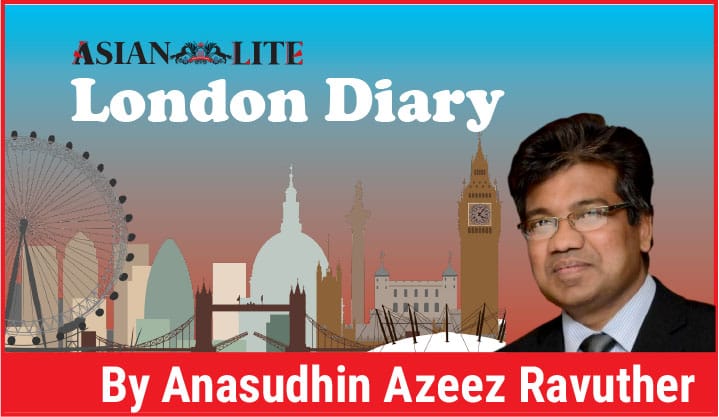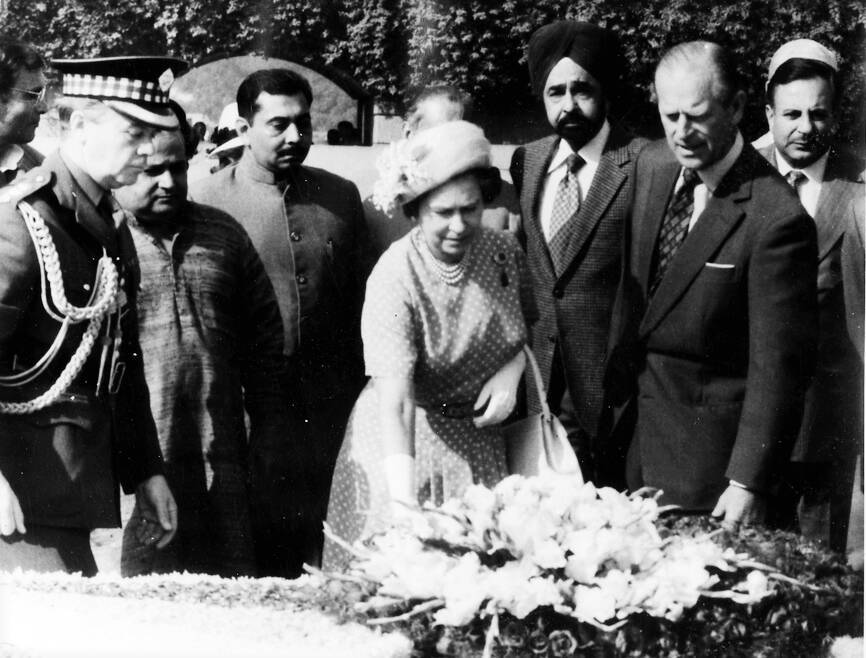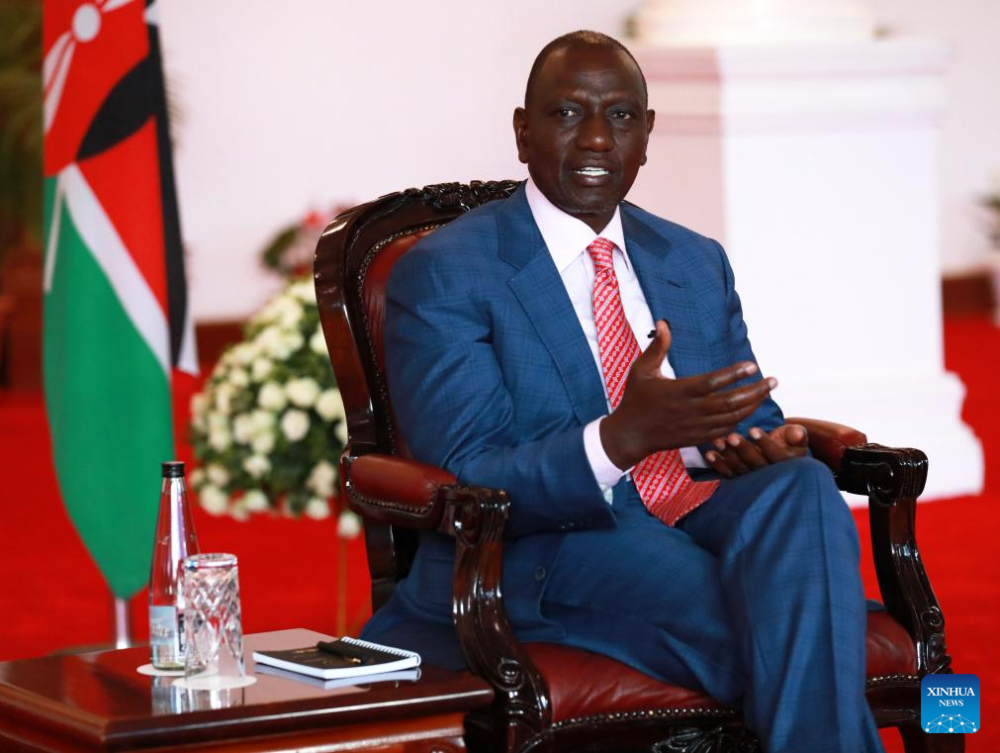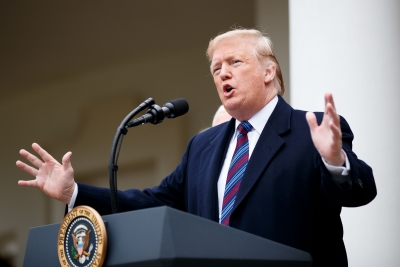Developed countries such as Australia, New Zealand, and Canada are constitutional monarchies, and their political systems are oriented in a way that the new monarch of the United Kingdom will as part of the usual process become their head of state…reports Asian Lite News
The passing of Queen Elizabeth II is a delicate moment for the British Commonwealth, 14 countries out of which continue to recognise the monarch as their Head of State, a position that is explicitly stated in the constitutions and laws of some of these countries. In these cases, changes to the law or statute might be required and could trigger calls for a referendum in jurisdictions where there is significant opposition to the current situation. Jamaica is one example, and it could well follow its regional neighbour Barbados, which left the Commonwealth after becoming a republic in 2021.
Developed countries such as Australia, New Zealand, and Canada are constitutional monarchies, and their political systems are oriented in a way that the new monarch of the United Kingdom will as part of the usual process become their head of state. However, in June, Australia’s new government headed by Prime Minister Anthony Albanese appointed Matt Thistlewaite as the country’s first minister tasked with overseeing a transition to a republic, which triggered talk that a referendum to remove the Queen as head of state could follow.
Commonwealth of Nations
The Commonwealth of Nations, or simply the Commonwealth, is a group of 56 member countries, the vast majority of which are former British colonies. They are mostly in Africa, Asia, the Americas, and the Pacific. Three European nations are part of the Commonwealth: Cyprus, Malta, and of course, the UK itself.
Fourteen of these 56 countries — along with the UK — constitute the “Commonwealth realms”. They are Antigua and Barbuda, Australia, The Bahamas, Belize, Canada, Grenada, Jamaica, New Zealand, Papua New Guinea, Saint Kitts and Nevis, Saint Lucia, Saint Vincent and the Grenadines, Solomon Islands, and Tuvalu. The British monarch — now King Charles III, the eldest son of Queen Elizabeth II — is the head of state of these countries.
Of the remaining 41 member states of the Commonwealth, 36 are republics — this group includes India, Pakistan, Bangladesh, and Sri Lanka. The other five — Brunei Darussalam, Lesotho, Malaysia, Eswatini (formerly Swaziland) and Tonga — have their own monarchs.
For the wider Commonwealth, the most visible uniting feature is the Commonwealth Games, the multi-sport international competition that is held every four years in one of the member countries. The Commonwealth Games — which were hosted by India in 2010 and the latest edition of which was completed in Birmingham, England last month — are pretty much the only association that ordinary Indians make with the Commonwealth, even though there are wider aspects of intergovernmental cooperation within the grouping.

History of the Commonwealth
The Commonwealth is home to 2.5 billion people, a third of the world’s population, the bulk of whom live in the Indian subcontinent. The smaller Commonwealth realms represent the last vestiges of Britain’s colonial empire, a thread that binds the British monarch to about 150 million people outside of the UK. Most living residents of the Commonwealth realms have never experienced a direct relationship with Britain.
The Commonwealth was born out of an attempt by Queen Victoria to maintain control over the colonies as movements for independence grew stronger. In 1867, after Canada made its frustrations with imperial oversight known, the Queen agreed to grant the territory dominion status, which meant that it would have self-rule, but that Britain could veto policies at the monarch’s discretion.
In subsequent decades other, primarily white, British colonies also became dominions — including Australia, New Zealand, and South Africa. After World War I, rising tides of nationalist sentiment in the dominions forced more changes and, in 1926, Britain and the dominions agreed that they would be equal in status. That declaration, formalised through the Statute of Westminster in 1931, marked the founding of the British Commonwealth of Nations.
Although India was present at those talks, leaders of the Indian National Movement pushed for full independence. In 1949, newly independent India was invited to join the Commonwealth, and Prime Minister Jawaharlal Nehru agreed with a pivotal caveat. India asked that it should be given membership without the requirement of having to swear allegiance to the Crown. The member nations agreed — and later that year, India, Pakistan, and Ceylon (Sri Lanka) joined the Commonwealth.
Four countries in the Commonwealth — Mozambique (1995), Rwanda (2009), Togo (2022), and Gabon (2022) — had no colonial ties with Britain. Mozambique was a Portuguese colony, Rwanda was ruled by the Belgians and Germans, and Togo and Gabon by the French.
All these countries, however, recognise shared values and ties to the British Empire and, according to an analysis published by the BBC, “they see the organisation as a useful network of diplomatic and cultural influence, and for exercising ‘soft power’ on the world stage”. Also, the analysis said, their membership “testifies to the importance of English as a language of business, science and international politics and the necessity of building a range of connections to support economic development and get diplomatic messages heard”.
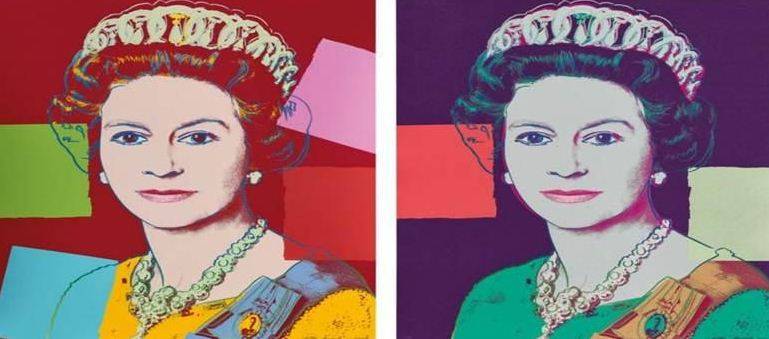
Elizabeth and Commonwealth
The deceased Queen cemented her dedication to the Commonwealth on her 21st birthday on April 21, 1947, when she issued a broadcast from South Africa addressing “the youth of the British family of nations” and promised to pledge her life to the service of the union.
After her coronation on June 2, 1953 (she had ascended the throne on February 6, 1952, the day her father, King George VI, passed away), the Queen embarked on a tour of the Commonwealth and was greeted with much ceremony and enthusiasm. Through her long reign, she visited well over a hundred countries and was likely among the most travelled heads of state in history.
Her many tours became symbols of Britain’s diplomacy, and while she rarely spoke publicly about her social views, many of her visits placed a clear accent on racial equality and ties between nations. In 1995, she visited South Africa to commemorate the end of apartheid, and to induct the nation into the Commonwealth.
Some, like the historian Ben Pimlott, have suggested that the Queen needed the Commonwealth more than it needed her. “The monarchy, with its imperial memory, keenly sought a Commonwealth role, partly to justify itself, but also because it had taken its supra-national role seriously, and — in a way that was never quite understood by politicians — it continued to relate to distant communities which showed their loyalty in ways that did not necessarily come to the attention of Whitehall,” Pimlott wrote.
It is important to underline, though, that the Queen had no influence on the governance of either the member states of the Commonwealth of Nations or those of the Commonwealth realms, of which she was head of state. In the latter group of countries, she had some constitutional duties — notably, the approval of new governments and, sometimes, legislation; and the grant of state honours or the appointment of certain officials.
But all these roles were always largely ceremonial — with only one significant exception. In 1975, Sir John Kerr, the Governor General of Australia, who was the Queen’s representative to the country, unilaterally dismissed the sitting Prime Minister, Gough Whitlam of the Labour Party, to break a parliamentary deadlock, and then commissioned the Leader of Opposition, Malcolm Fraser of the Liberal Party, to succeed him. This triggered what has been billed as the greatest constitutional crisis in the history of Australia.
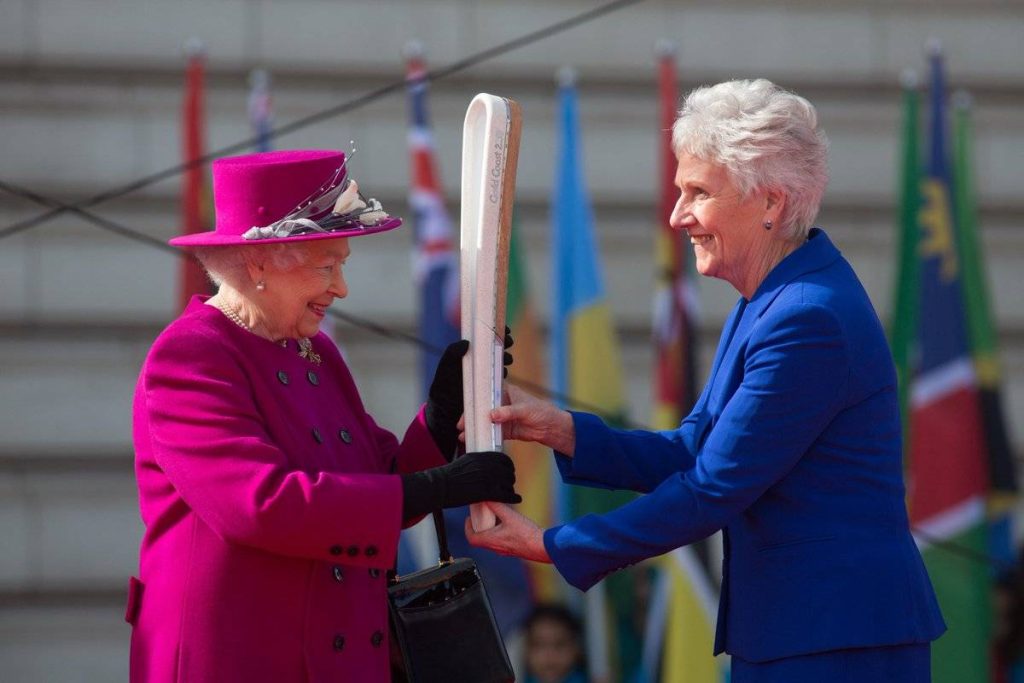
Leaving the Commonwealth
In the 1970s, a host of countries chose to leave the Commonwealth realm, including Dominica, Guyana, and Trinidad and Tobago, effectively removing the Queen as their head of state. In 2021, as Barbados left the realm, its Governor General argued that “the time has come fully to leave our colonial past behind”. The exit was timed with the 55th anniversary of Barbados’s independence from the UK.
Another reason for leaving is that the priorities of Britain may not align with those of member states. Although in recent years, those divides may be cultural, in the past they have also concerned matters of foreign policy. In 1939, when the UK declared war against Nazi Germany, the Union of South Africa and Canada waited over a week to do the same. During that period, King George VI, as king of the United Kingdom, South Africa, and Canada, was both at war and at peace with Germany.
Such stark contrasts are rare today, but the Black Lives Matter protests have created a rift between the crown and its black Commonwealth subjects. Jamaica, a member of the realm, was particularly vocal in this regard, even petitioning the Queen for reparations for the Crown’s role in the transatlantic slave trade.
Analysts have wondered whether, with Elizabeth no more, the new monarch would be able to lawfully appoint Governors-General in countries of the Commonwealth realm if those countries do not first change their Constitutions to refer to the “King” as their head of state instead of the Queen.
If Canada were to consider leaving the realm, an amendment to its constitution would be required. In the case of Australia, it would have to be a referendum. In 1999, a referendum to give the Australian Parliament the power to choose the nation’s head of state was defeated by 45 per cent to 55 per cent, but a fresh referendum may be called by the current government.
In the end, though, the immense popularity and goodwill the Queen enjoyed, both in the UK and in the Commonwealth, was a binding glue. It is doubtful whether Charles and Queen Consort Camilla are seen with similar affection, and that could in the end determine the future of the Commonwealth. It has, indeed, been argued that with the end of the reign of Elizabeth II, a union that was essentially forged on the basis of subordination and which is tainted by its association with racism and the colonial rule should also be allowed to fade away.


